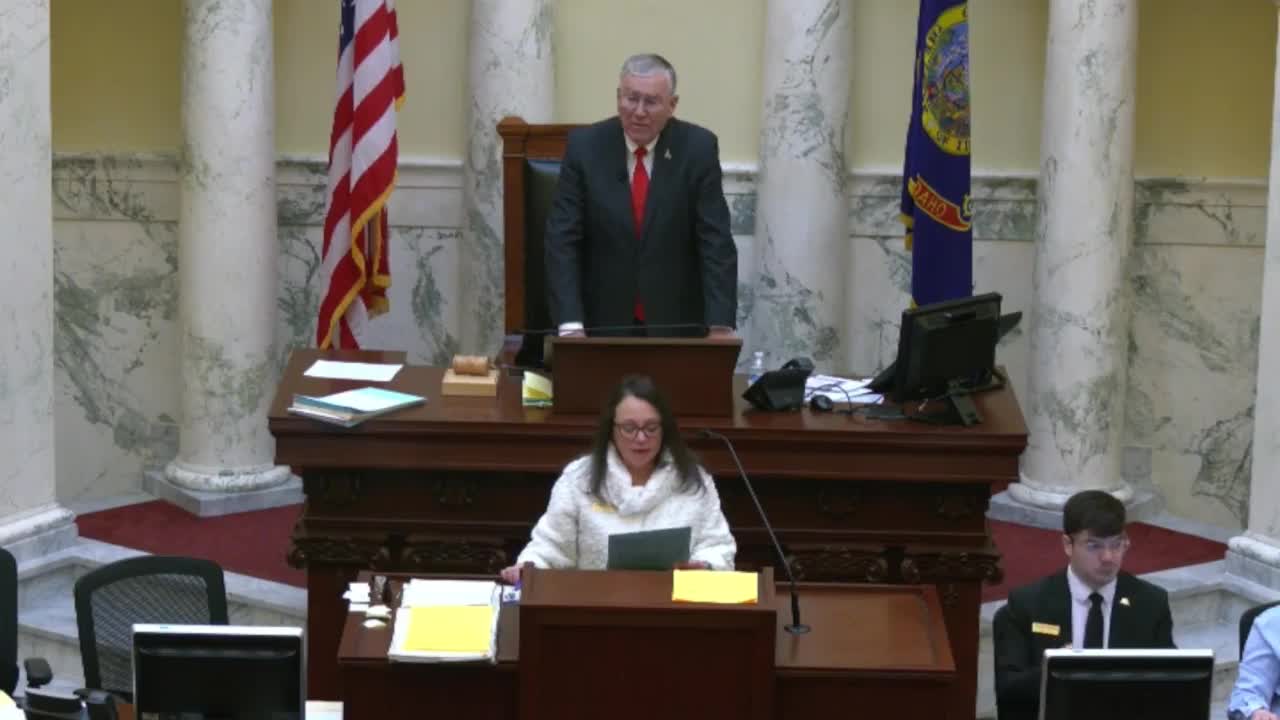Article not found
This article is no longer available. But don't worry—we've gathered other articles that discuss the same topic.
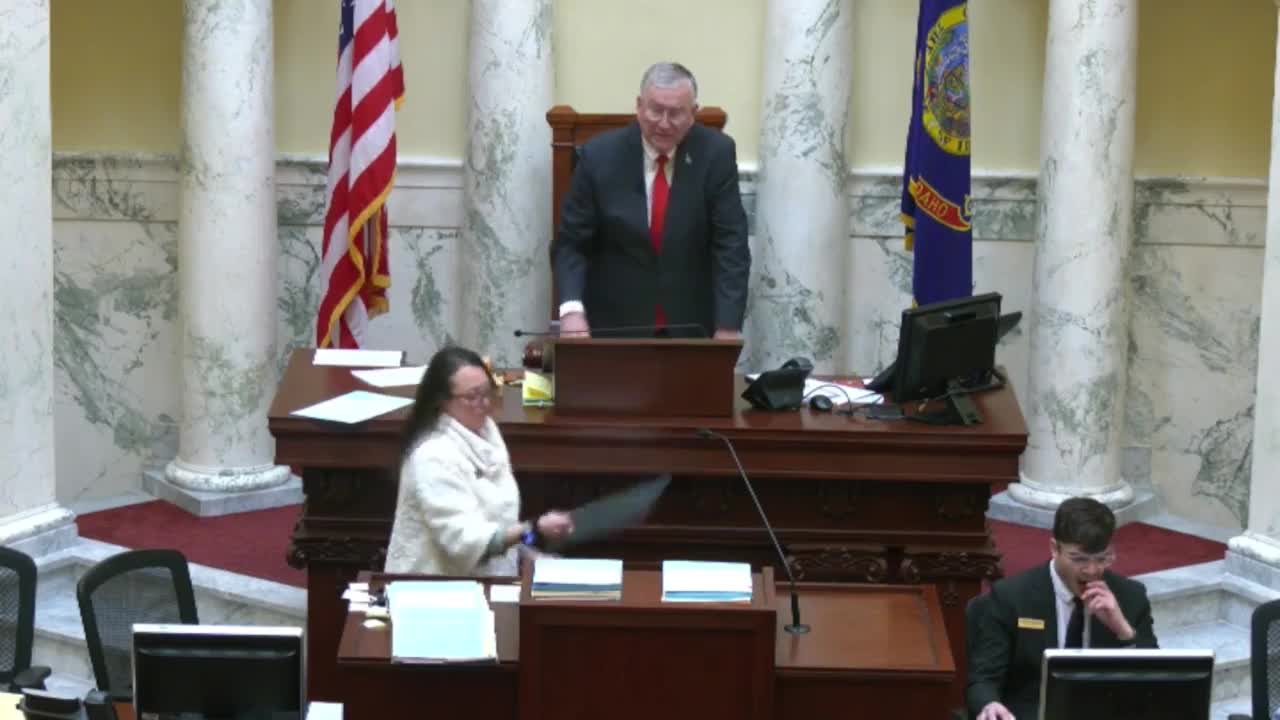
Senate begins third reading of House Bill 4-27; detailed appropriation language read, later moved to adjournment
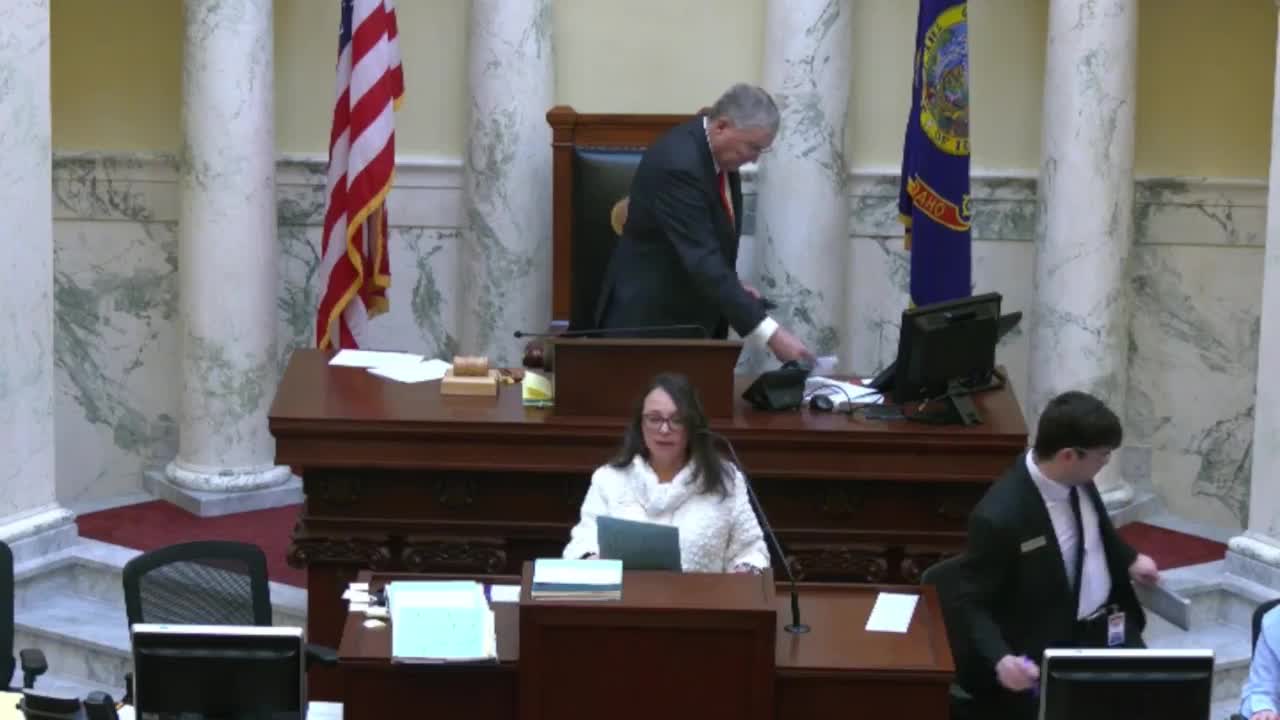
Senate approves House Bill 4-26 to bring Luma-related costs onto controller budget
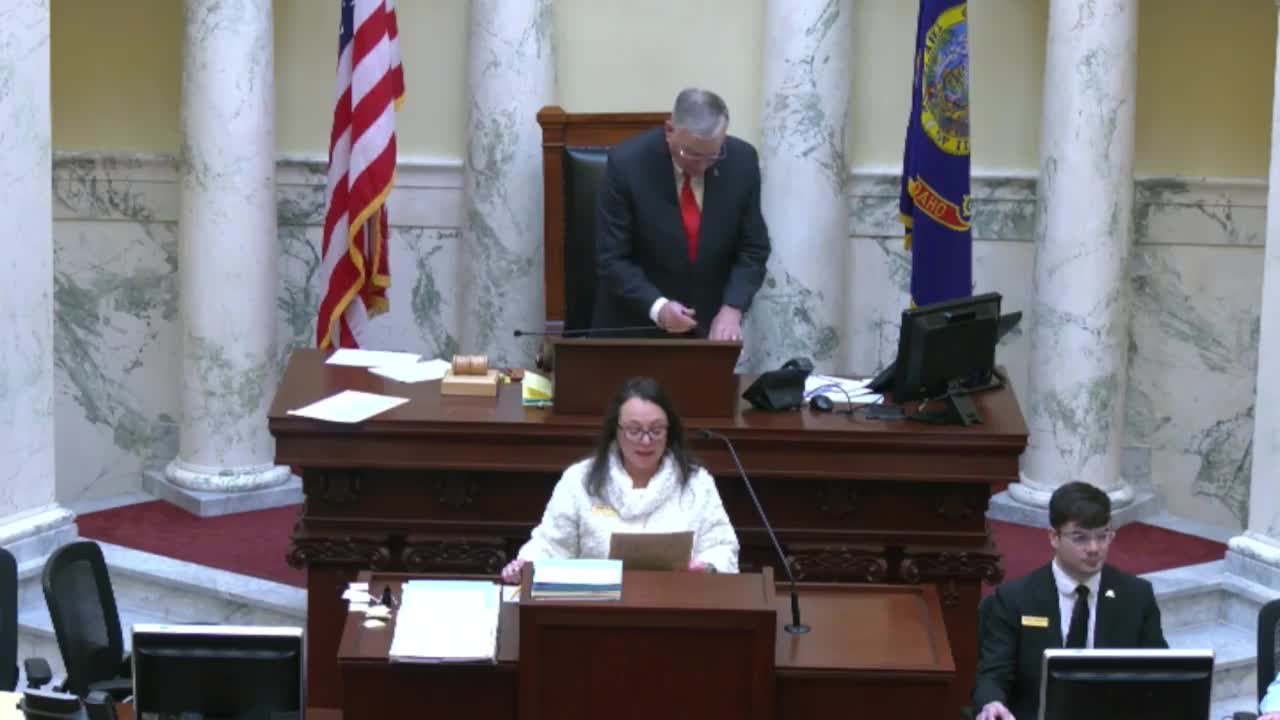
Senate approves $11.134 million for Office of Information Technology Services; consolidation, consolidation-related costs cited
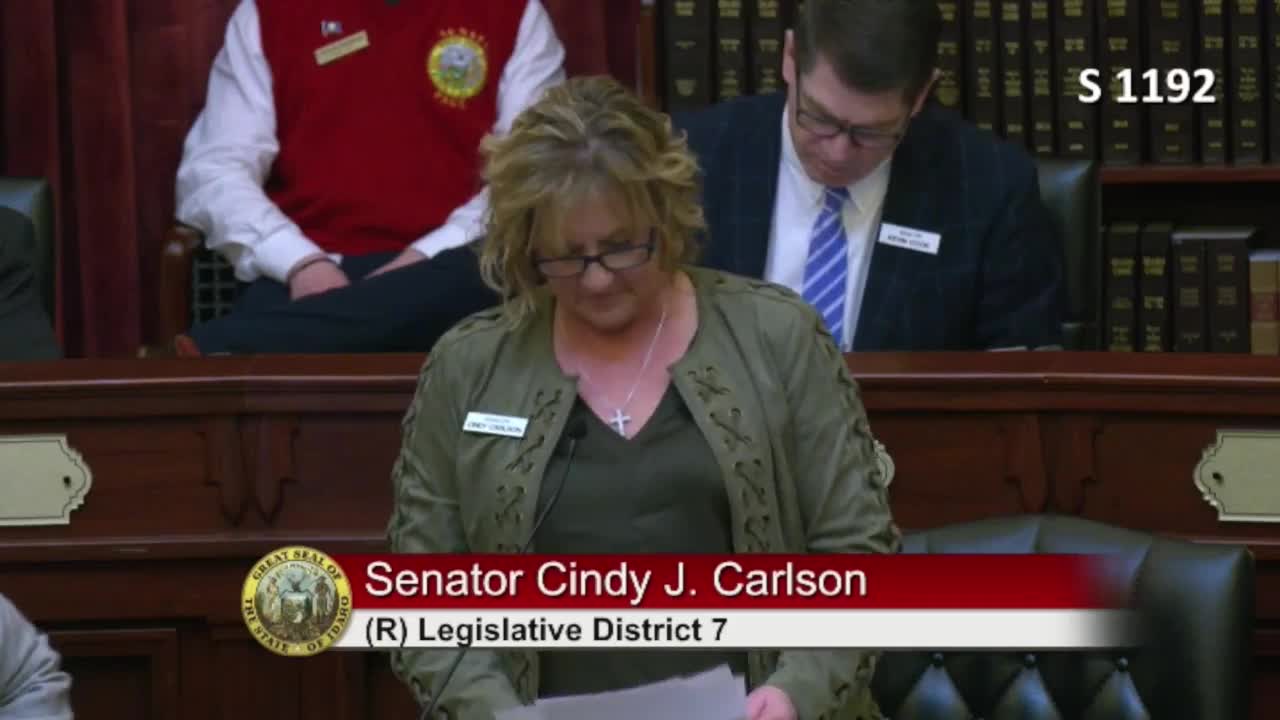
Senate approves $644,400 in dedicated enhancements for State Liquor Division, cuts other requests
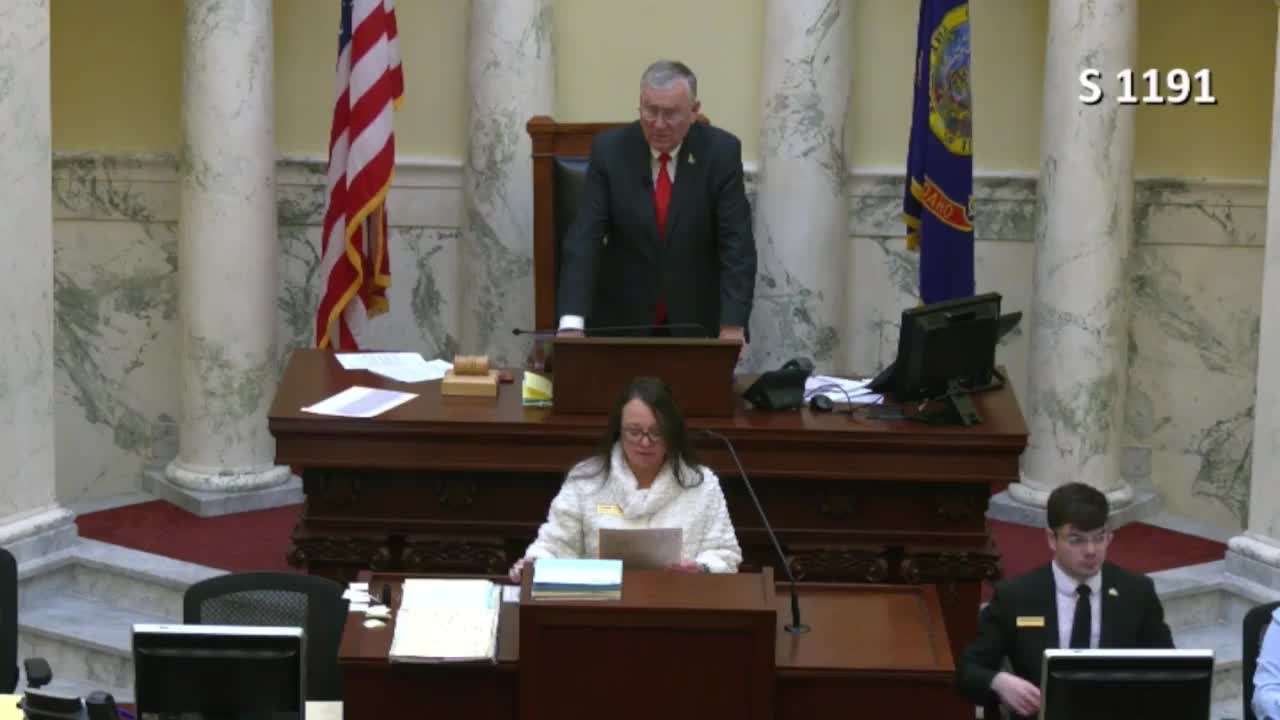
Senate rejects SB 11-91, a $481,000 enhancement for Office of Energy and Mineral Resources
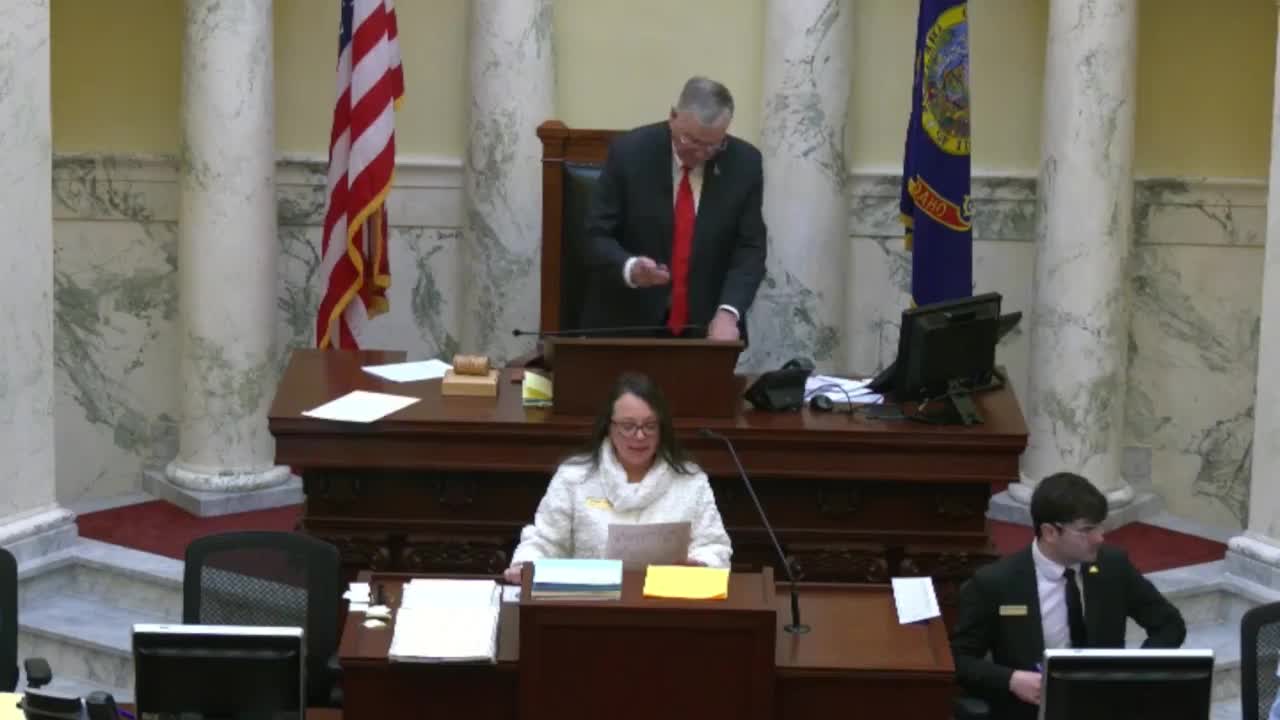
Senate passes SB 11-90 to fund pay changes for several commissions; final tally 21–14
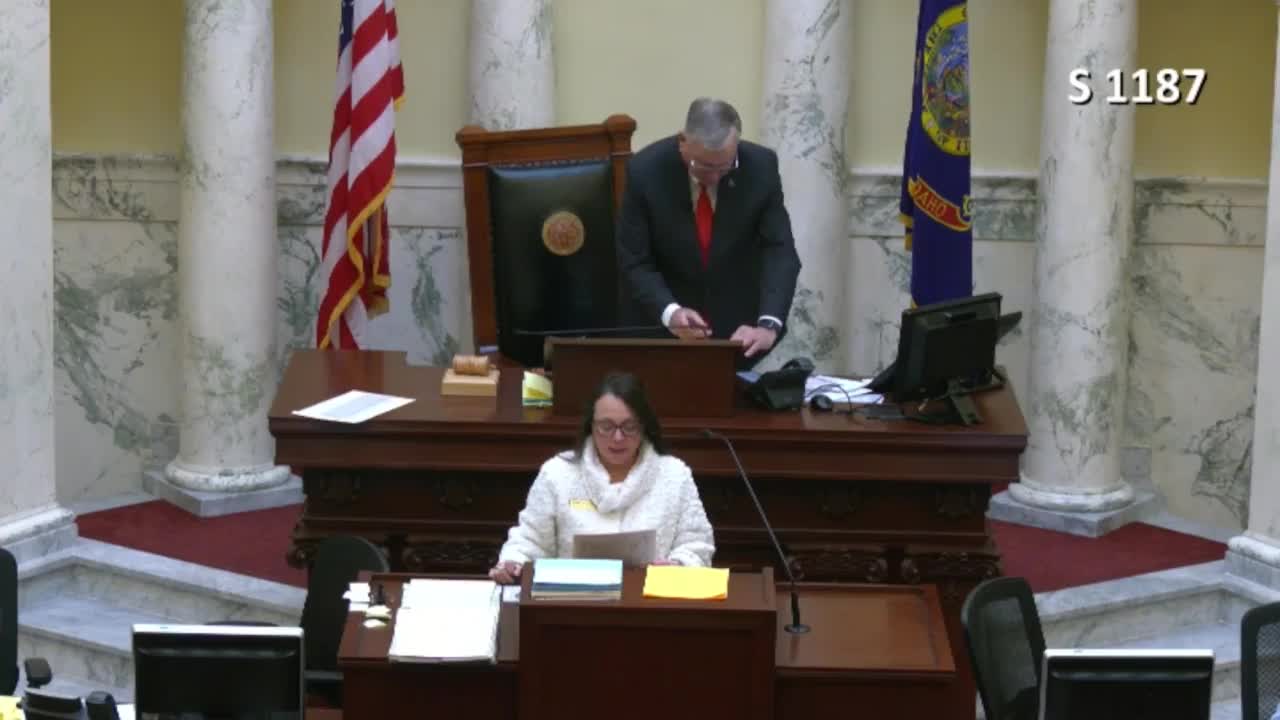
Senate aligns process for adding parcels to agricultural protection areas, passes SB 11-87
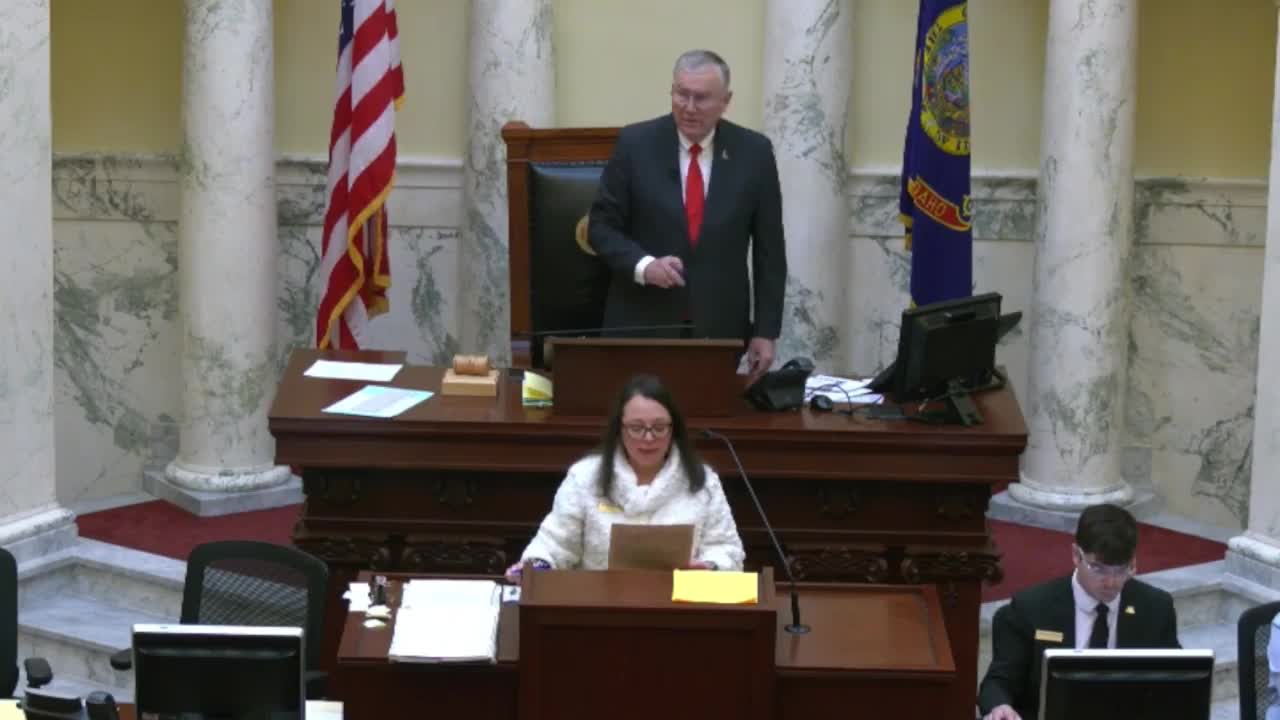
Senate passes bill broadening newborn screening exemptions to include philosophical and medical grounds
